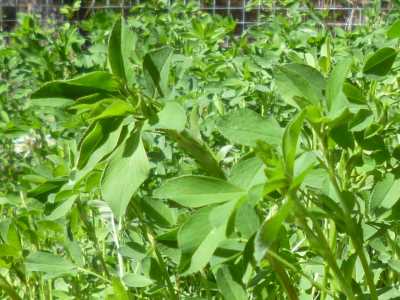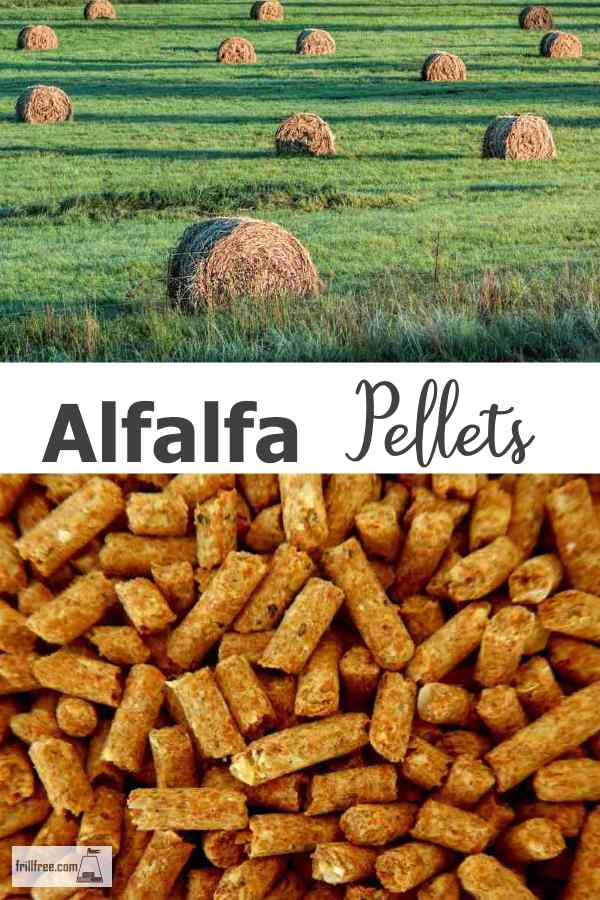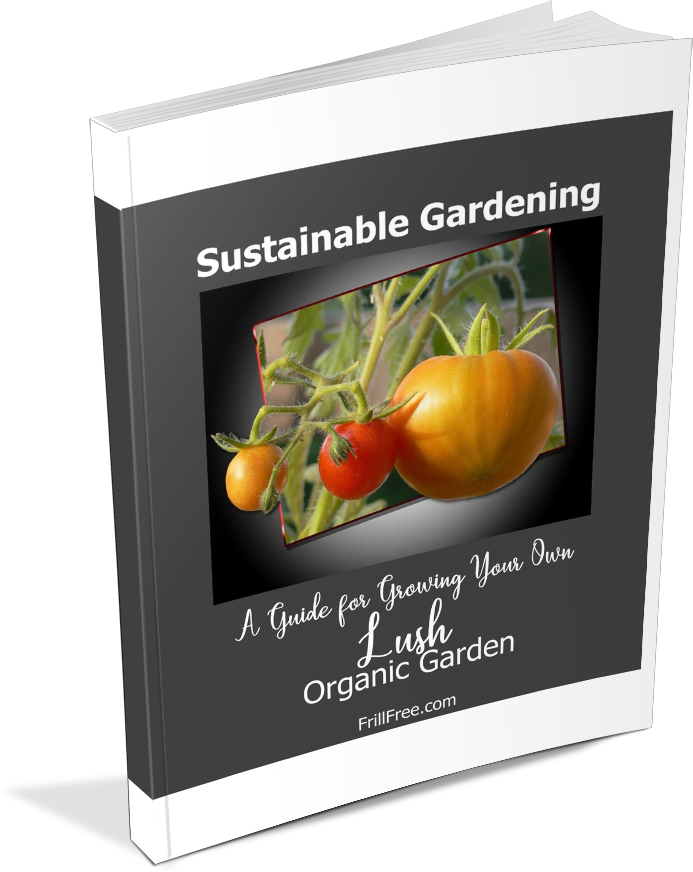- Homesteading
- Natural Fertilizer
- Alfalfa Pellets
Alfalfa Pellets
Slow Release Organic Fertilizer
in tiny packages
Alfalfa pellets have long been used to feed animals like horses and rabbits for decades.
The lack of waste, economical packaging and ease of feeding has been a life saver for farmers, and now gardeners can reap the benefits of alfalfa in an easy to use form.
The pellets of alfalfa that you get from a feed store are simply alfalfa hay, chopped up and extruded in pellet form.
They contain easily obtainable Nitrogen, as alfalfa, being a legume, draws in Nitrogen from the air, and stores it to be released later.
Most of this Nitrogen is
stored in the heavy root system of the plant, but some of it is used for the
growth of the plant. The roots of an alfalfa plant can reach down fifteen feet or more, bringing up and storing nutrients from way underground.
To use alfalfa pellets as an organic fertilizer, sprinkle a handful around the base of each plant, or in the bottom of the planting hole.
As soon as the pellets get wet from irrigation, they start to break down, and release their nutrients. The great part about using the pellets is that it’s a slow release of nutrients, giving the plant small amounts over a long period of time.
Another way to use alfalfa pellets is as a basis for compost tea.
Steeped in a large amount of water, the pellets break down – caution: this smells really bad!
Stir the mixture every day for a week or two, until it clears.
Adding some molasses can help attract the yeast spores which can make it go a little faster.
 Alfalfa puts on an incredible amount of growth in spring and summer
Alfalfa puts on an incredible amount of growth in spring and summerIn a different formulation, alfalfa meal is ground up alfalfa.
This is best sprinkled on as a top dressing, or an activator in compost piles. Use sparingly in between layers of other materials.
The quick action of this as a nitrogen source is valuable if you have a
crop that refuses to grow due to lack of energy, but it can also be too strong
if it’s used heavily, or right against the stem of the plant. Avoid burning the stalks of the crop by leaving a space around it.
As it’s in smaller pieces than the alfalfa pellets, it will be much faster acting, without the benefit of slow release of nutrients.













